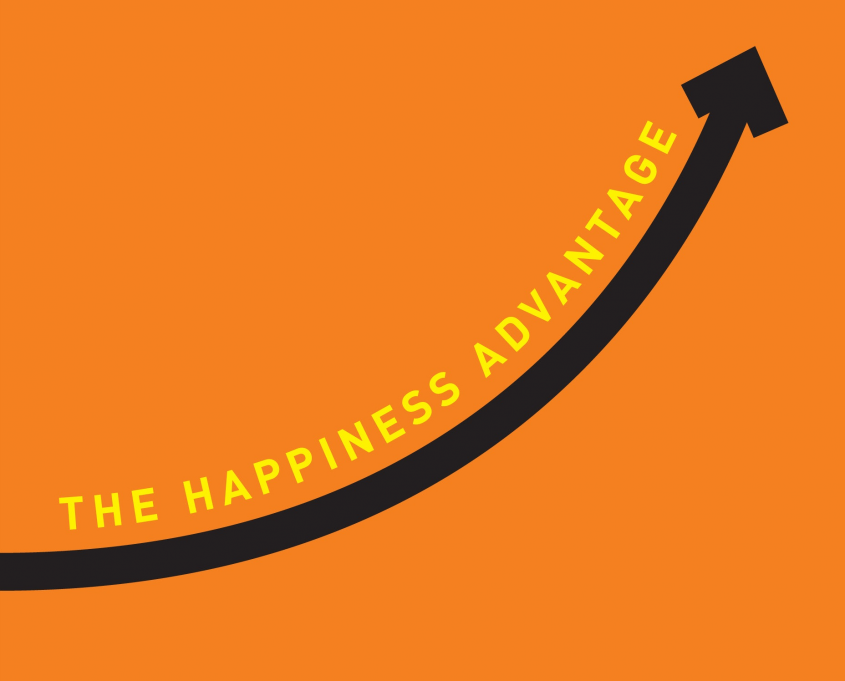The Happiness Advantage covers how happiness and positivity can lead to success and the various other benefits they can have. The author also explains both well-known concepts about happiness, such as how emotions can spread among people, and other less known concepts.
A thing that bothered me throughout the book is that many of the experiments, used to support the book’s thesis, does not seem to be strong. At one point the author discusses causation and correlation and how happiness can lead to success and not just the other way around. But still, I hear warning bells going off when the author explains some of the experiments. Sometimes it seems like there could be a lot of other factors that could explain the results of the studies. Other times conclusions of the experiments seem a bit far-fetched.
There are still some interesting things that the author brings up. One example of this is the twenty second rule, which actually isn’t so closely related to the main topic of the book. This rule suggests a way to try to change your habits or create new ones. Summarized, you should make bad habits as difficult to engage in as possible and good habits as easy as possible. This means that you should make typical procrastination things such as email and distracting websites difficult to open. You should also put your candy in a drawer on the other side of the house, remove the batteries from your tv remote and put them twenty seconds away and so on.
Do the exact opposite for good habits. If you want to learn to play guitar, make it as easy as possible to start playing. This means that you should put the guitar as close as possible, preferably always within armsreach. If you want to live a healthier life you should pack your sport bag before you go to sleep and make sure you always have healthy snacks close and so on.
On another note, the author brings up decision fatigue, which is an interesting concept and closely related to willpower and discipline concept discussed in the review of The Power of Habit. The decision fatigue concept describes how many people get to the “fuck it, I don’t care anymore” state if they have to make too many decision in a given time period. This can, of course, lead to many really bad decisions.
Overall, the author does an ok job of backing up his thesis, but he relies a bit too much on anecdotes, vague claims like “a study showed …” and questionable experiments. I could see why many people would like this book, so maybe it is just my preconceived opinions on these types of books that are shining through…
